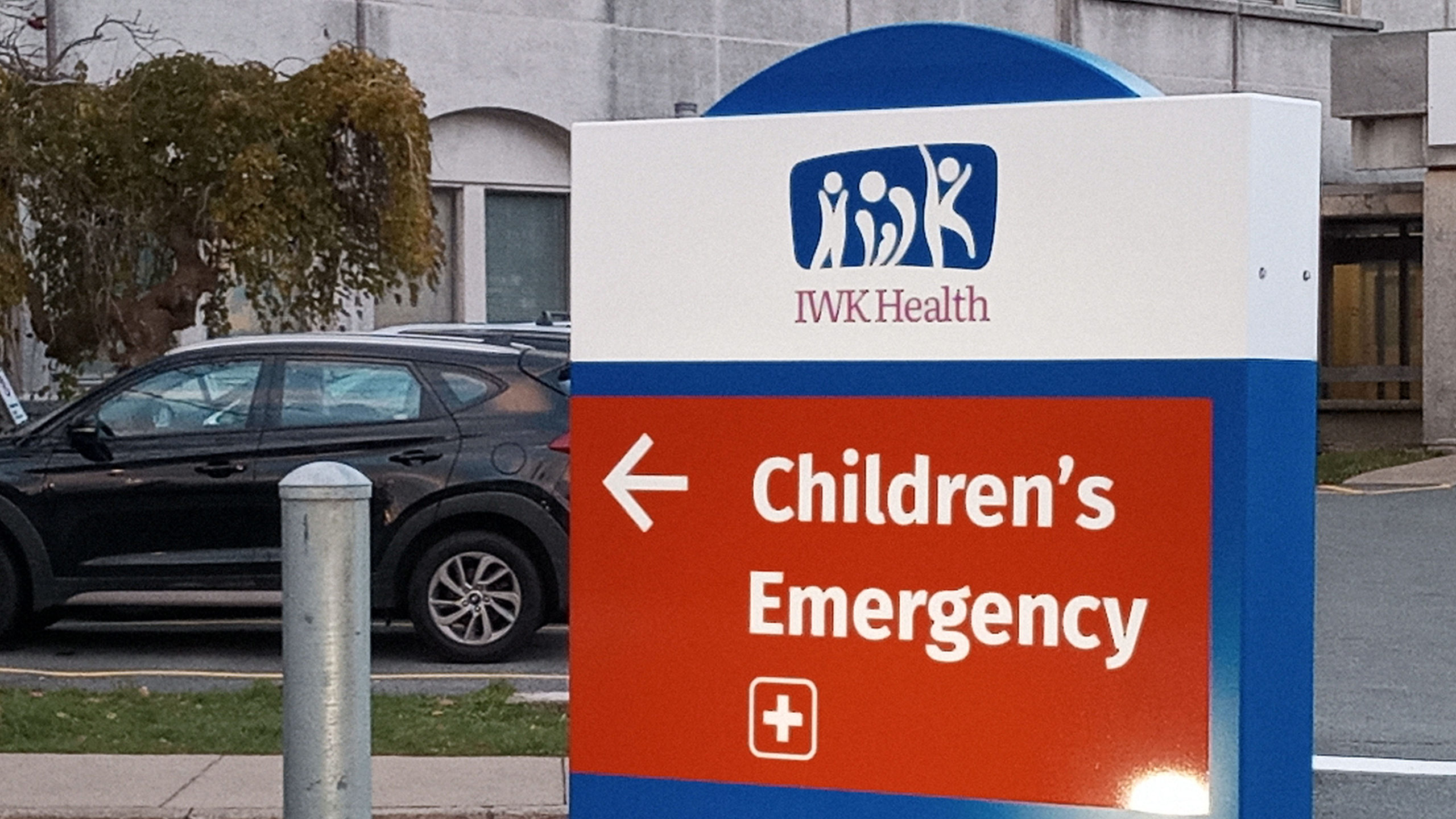IWK overcrowding due to respiratory illnesses ‘to get worse before it gets better’
Dr. Robert Strang advises people to stay home with even mild symptoms and to mask when staying home isn't possible

caption
The IWK Health Centre's emergency department is overcrowded due to a surge of respiratory illnesses.Following several weeks of overcrowding at the IWK Health Centre’s children’s emergency, health officials have turned to the public for help controlling the spread of respiratory illnesses.
Dr. Robert Strang, Nova Scotia’s chief medical officer of health, and Dr. Andrew Lynk, chief and chair of pediatrics at the IWK, issued their plea at a news conference on Thursday.
Lynk said seeing 120 to 140 children during a 24-hour shift in the emergency department would be considered “very, very busy.” Currently, the IWK is consistently admitting between 150 to 180 children a day, sometimes up to 200.
“These are at historic levels that I’ve never seen before in my career here since 1990 as a young pediatrician,” Lynk said.
Lynk said one in 40 Nova Scotians have COVID-19, but that’s not the main problem at the IWK. The hospital is mostly seeing cases of respiratory syncytial virus or RSV.
He is trying to flatten the “big wave” of influenza that is predicted to hit Nova Scotia in the next few weeks, which will further strain the hospital.
“It’s gonna get worse before it gets better,” he said.
To take some of the strain off of the health system, Strang is encouraging people to stay home if they even have mild symptoms and, if they have to go out in public, to wear a mask.
However, mask mandates will not be coming back.
“For mask mandates to be effective, there needs to be widespread public buy-in and we no longer have that in Nova Scotia and across Canada,” Strang said.
Strang said mask mandates are only applicable in public spaces and that Public Health is seeing that most of the transmission of respiratory viruses is taking place at private gatherings, not places where mask mandates would apply.
Instead, Strang encourages a focused approach to masking, such as wearing one if you are sick or have been sick recently.
“I would like to focus and ask Nova Scotians to focus on where masking is most important and where it will make the most difference,” he said. “If you are sick with a cold or flu like symptoms, even if very mild and cannot stay home for whatever reason, you need to wear a mask.”
Strang said people should make sure they’re up to date on flu and COVID-19 vaccinations.
Lynk said the community needs to work together in order to take some of the strain off of the health-care system, especially considering current staff shortages.
“Your health-care workers would like a little time off Christmas and not have to get called in on Christmas Eve or Christmas Day because people are sick, or the emergency rooms are overflowing, and we need extra help,” said Lynk.
“So let’s do it for the health-care workers and for your families and for your neighbours.”
About the author

Hannah Marais
Hannah Marais is a fourth-year journalism student and a reporter for the Signal. When she's not out reporting, she's probably cycling, thinking...
